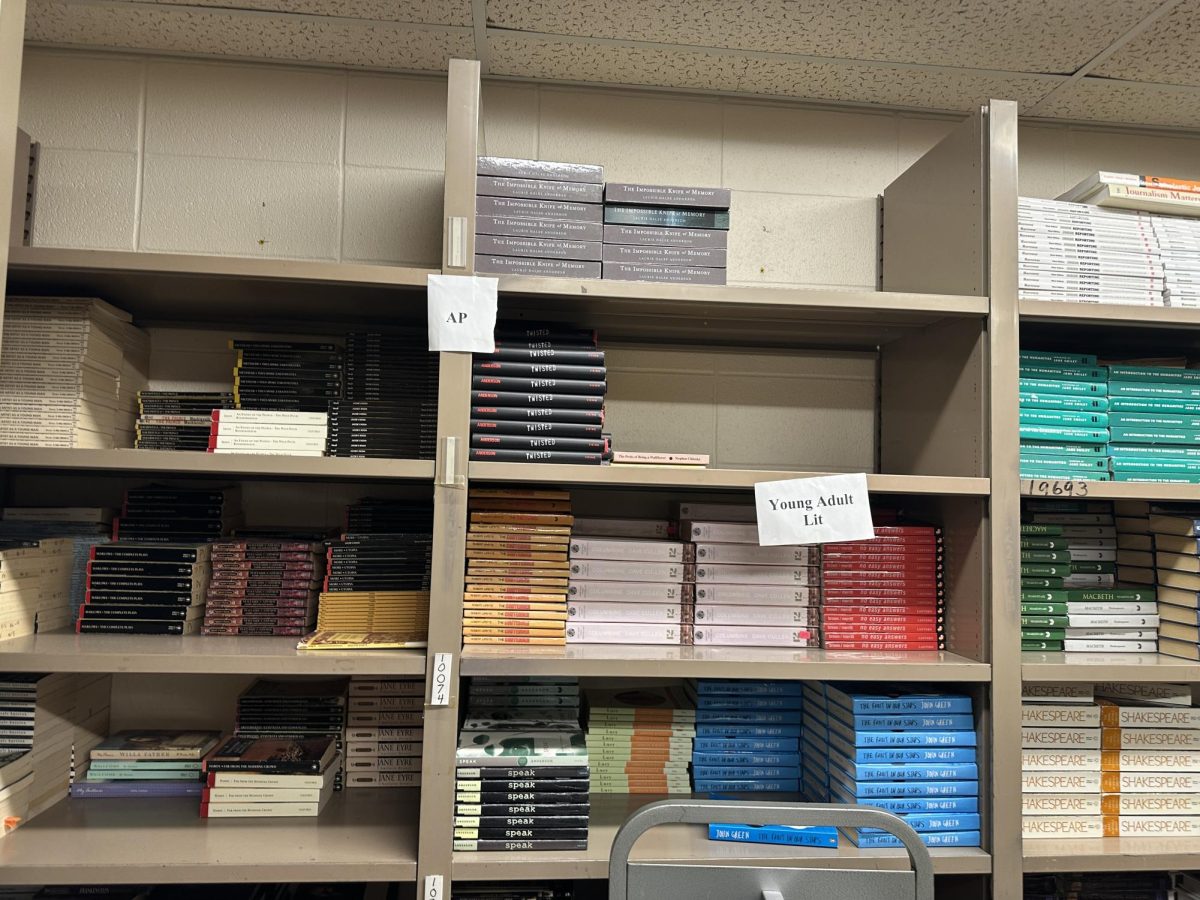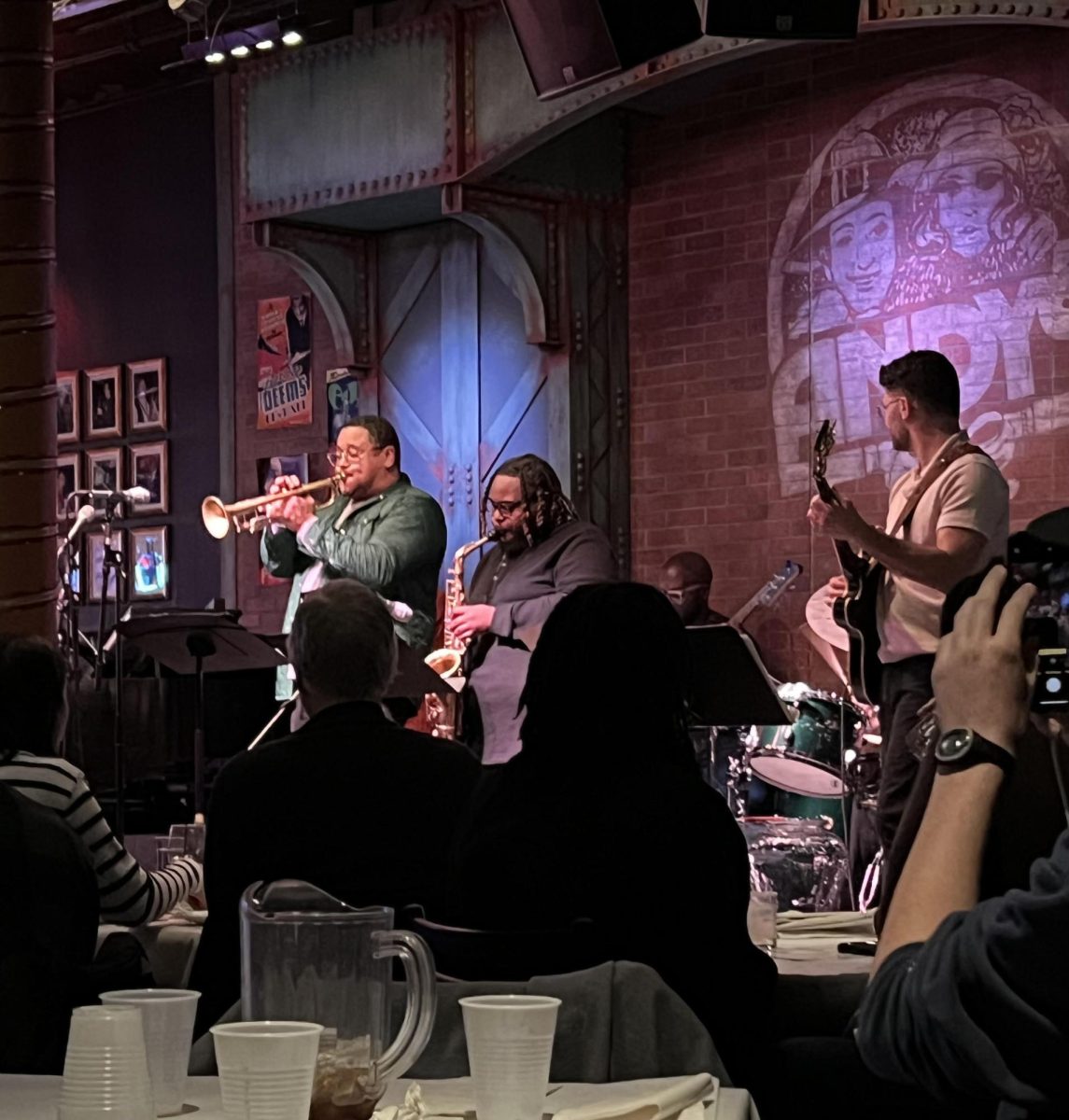In the ever-evolving landscape of modern relationships, a new term has emerged to describe a common phenomenon: situationships.
Situationships have become so common that the word situationship was a finalist for the Oxford University Press’ 2023 Word of the Year.
Coined to capture the grey area between friendship and romantic partnership, situationships have become increasingly prevalent in today’s society. While they offer flexibility and freedom, they also present unique challenges and complexities for those involved.
A situationship can be loosely defined as a relationship that lacks clear boundaries, labels, or commitment. It often involves emotional intimacy, physical attraction and companionship, resembling a romantic relationship in many aspects. Yet, crucially, it does not come with the defined status of being exclusive or officially together.
This ambiguity can lead to confusion, uncertainty and emotional turmoil for those involved.
Senior Ariana Assadi has been scarred by her previous situationship.
“It wasn’t a good experience because I thought that it was more serious than he did, and that ended with me feeling hurt, but not feeling like I could be mad at him because we weren’t officially dating,” Assadi explained.
Situationships can arise for various reasons, ranging from a fear of commitment to a desire for companionship without the pressure of a formal relationship. They may develop organically between friends, acquaintances or even strangers who find themselves drawn to each other but are hesitant to put a label on their connection.
One of the defining characteristics of situationships is their fluidity. They can evolve over time, transitioning into a more traditional relationship with clear labels and commitments, or they can fizzle out as individuals realize they want different things. This fluidity can make navigating situationships both exciting and challenging, as there are no set rules or expectations to follow.
While situationships offer flexibility and freedom, they also come with inherent challenges and pitfalls.
One of the most significant challenges is the lack of clarity and communication. Without clear boundaries or expectations, individuals may find themselves unsure of where they stand or what the future holds for their relationship. According to the Cleveland Clinic, the ambiguity of situationships can have a negative impact on people’s mental health.
Dr. Susan Albers, PsyD, explained that people’s brains “gravitate to black and white, so this gray area can be very hard to process and may even create anxiety.”
Furthermore, situationships can be emotionally taxing, as individuals may develop feelings for their partner without knowing if those feelings are reciprocated or if the relationship will progress. This uncertainty can lead to insecurity and ultimately heartache if the situationship does not fulfill their emotional needs or expectations.
Another challenge is the potential mismatched expectations between partners. One person may desire a more committed relationship, while the other prefers to keep things casual. This disparity in expectations can create tension and conflict, ultimately undermining the stability and longevity of the situationship.
Assadi thinks that the majority of the emotional turmoil associated with situationships stems from conflicting expectations between partners.
“The worst part is feeling like you can’t expect anything from them just because you don’t have a label,” Assadi said.
Despite the challenges they pose, situationships can also be a valuable opportunity for growth and self-discovery. They allow individuals to explore their desires, boundaries and priorities without the pressure of conforming to societal norms or expectations. By navigating the complexities of a situationship, individuals can learn more about themselves and what they truly want in a relationship.
Ultimately, whether a situationship evolves into a more traditional relationship or remains a casual arrangement, it can serve as a valuable learning experience for those involved. By understanding the dynamics, challenges and growth opportunities inherent in situationships, individuals can approach these relationships with clarity, positive intentions and self-assurance.
















Kaleigh McGrath • Apr 7, 2024 at 2:59 pm
This is such an accurate description of what many teens go through in this generation. Situationships and all of this uncertainty in relationships has had such a negative impact on me and my peers.